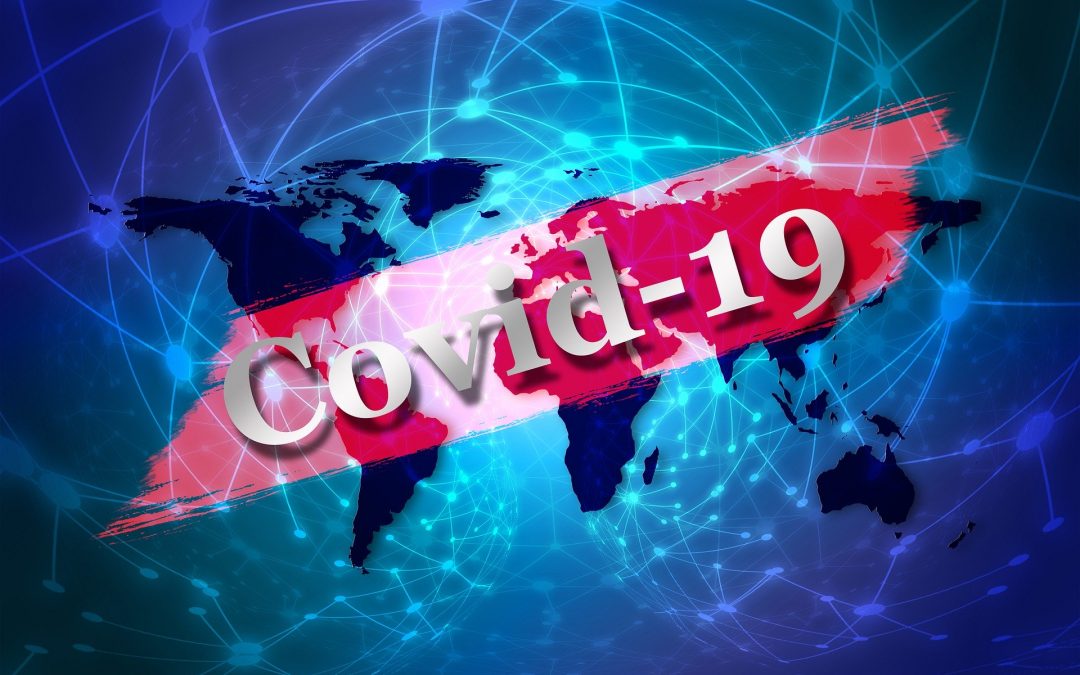
Mar 16, 2020
In the midst of the COVID-19 Pandemic, several European physicians have reported a reallocation of stroke resources and reduction of hospital staff due to quarantine or infection. Francesco Corea, FESO, Chair of the ESO Social Media Committee and Marialuisa Zedde, Chair of the ESO PR Committee, each took some time to record their experiences and observations in Italy, one of the first and hardest hit European countries thus far.
“While the price in terms of victims for COVID19 increases there can be further dramatic repercussions for many other diseases and clinical fields. The toll could be very high. My personal point of view, the Italian health care system suffers the shock of corona virus pandemic. From the news that I have available, several stroke units of large hospitals have been reorganized, moved or even closed to meet the need to assist hundreds of patients with serious infectious and respiratory problems” says Francesco Corea, Ospedale San Giovanni Battista Foligno, Italy. Read the full text here.
“Some practical considerations on how the organization of our daily work has already changed and is still changing in taking care of patients with acute stroke. My point of observation comes from a hospital earlier and more directly involved in the ongoing emergency, being close to Lombardy region. Anyway, it is only a personal view but I hope these experiences and reflections may be useful for other colleagues in different countries” said Marialuisa Zedde, Reggio Emilia Hospital, Italy. You can read her full text here.
We recommend you keep an eye on ESO blog about the Covid19 crisis to stay up to date with the latest developments.
Featured image by Gerd Altmann from Pixabay


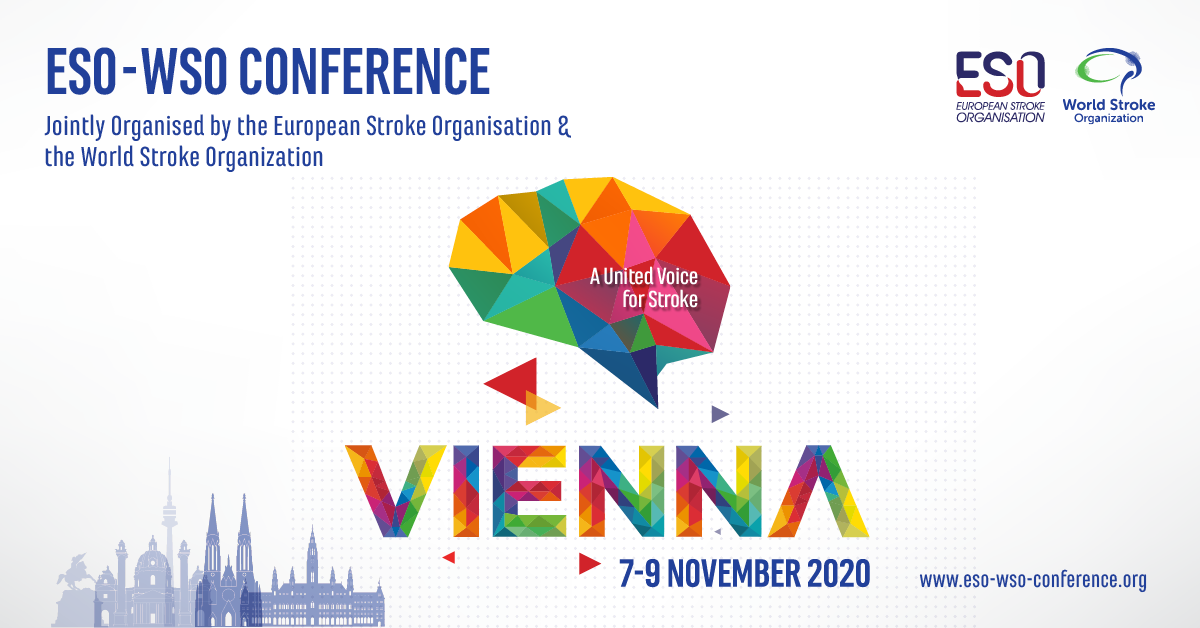
Mar 12, 2020
by ESO | 12.3.2020 | ESO |
Due to the latest developments regarding the COVID-19 outbreak, and in an effort to prevent spreading the virus and for the sake of event participants, the European Stroke Organisation together with the World Stroke Organization, have decided to postpone the ESO-WSO 2020 Conference, scheduled to take place in Vienna from 12-15 May 2020.
The new dates for ESO-WSO 2020 are 6-9 November. Answers to FAQ related to this postponement can be found on the conference website.
The conference will take place at the same venue, Austria Center Vienna and current registrations will be transferred to the new Conference dates.
In the coming weeks we will be updating the website with new registration deadlines, new programme scheduling and additional information.
Image by ESO.
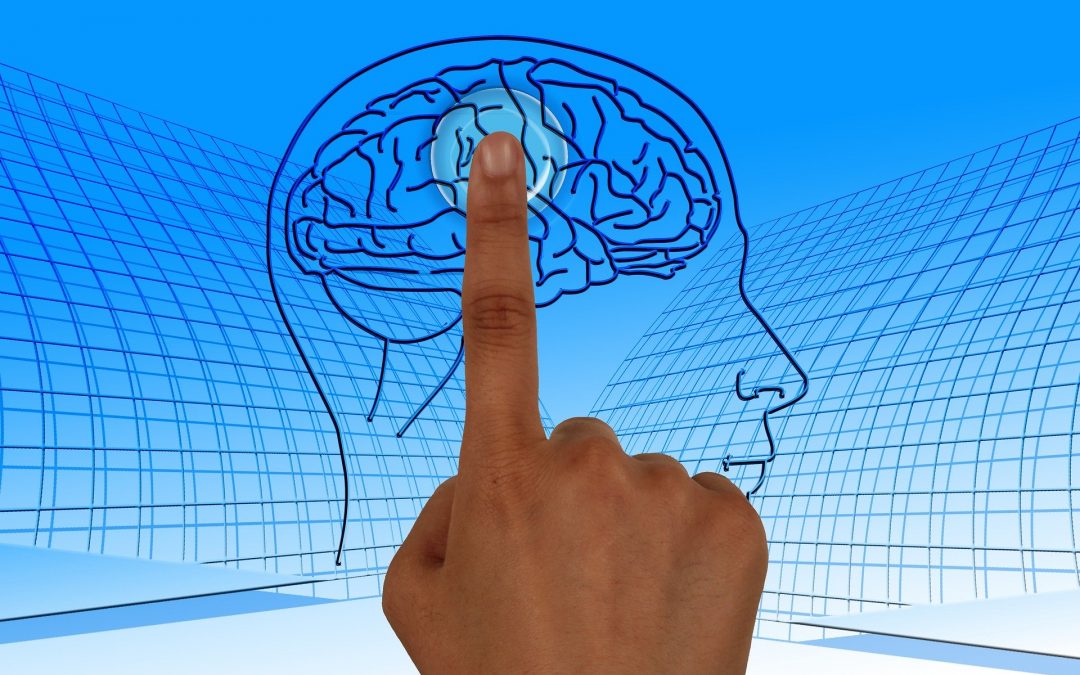
Mar 9, 2020
First published on ARNI Institute for Stroke Rehabilitation website | March 9, 2020
Neuromodulatory non-invasive brain stimulation (NIBS) techniques are experimental therapies for improving motor function after stroke. The aim of neuromodulation is to enhance adaptive or suppress maladaptive processes of post-stroke reorganisation. However, results on the effectiveness of these methods, which include transcranial magnetic stimulation (TMS) and transcranial direct current stimulation (tDCS) are mixed. It’s posited that recent developments in NIBS technology will likely contribute to individualised therapy. Moving beyond single-area stimulation, targeting specific muscle groups that play different roles in post-stroke motor recovery (for example, finger flexors vs. extensors) may well be possible using multi-locus TMS. NIBS in stroke faces a challenge reminiscent of the development of other stroke therapies, such as thrombolysis and mechanical thrombectomy, where early studies were largely mixed before patient selection and individualising protocols were refined to determine its therapeutic potential.
So, researchers at UCL want to find out:
- How brain activity changes after someone has a stroke.
- If weak, non-invasive brain stimulation could encourage the brain into a pattern of brain activity which is useful for upper limb rehabilitation.
Please follow this link to red the full article.
Image by Gerd Altmann from Pixabay
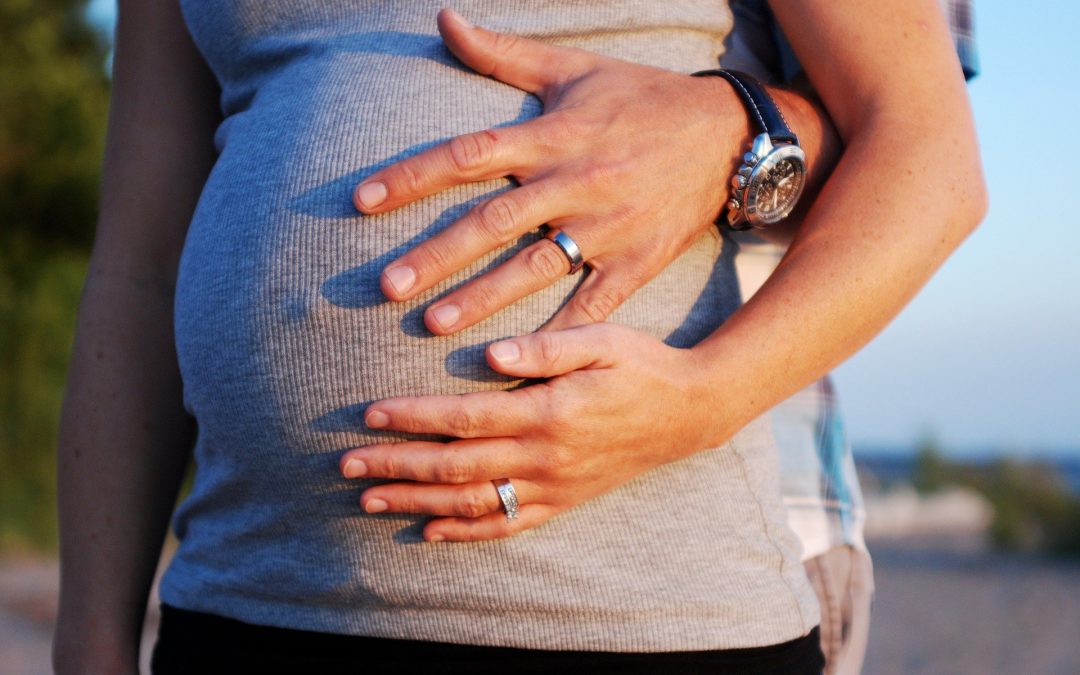
Mar 6, 2020
First published by ESO | 6.3.2020
Author: Dr Nicolas Martinez-Majander, Department of Neurology, Helsinki University Hospital, Finland
Incidence of young-onset ischemic stroke is currently about 13/100 000 per year in high-income countries and has been increasing since 1980s. In young patients, stroke affects social life, family, and working ability for years after the event. In addition to well-known risk factors, such as diabetes mellitus, hypertension, and hypercholesterolemia, young patients also have unconventional, age-specific risk factors such as pregnancy and puerperium. However, there are still many unanswered questions in terms of risk factors for stroke in the young, and so far study results have been inconsistent.
Ischemic stroke during and after pregnancy
Both pregnancy and puerperium are associated with an increased risk of all stroke subtypes. In a single-center Canadian study, most ischemic strokes occurred during the third trimester, around delivery, or during postnatal period with an incidence of 18 strokes per 100.000 deliveries.(1) Furthermore, of all thromboembolisms during pregnancy, stroke contributed to 12% of them.(2) Up to 25% of ischemic strokes during pregnancy can be associated with eclampsia.(3)Other risk factors for ischemic stroke during pregnancy include e.g. hypertension, diabetes, age over 35 years, black ethnicity, migraine headaches, thrombophilia, smoking, alcohol, and other substance abuse.(4) Kittner et al. also showed that the relative risk of ischemic stroke was up to 8.7 (95% CI, 4.6-16.7) during puerperium.3
The choice of secondary prevention depends mostly on the stroke etiology and gestational age. Aspirin in low daily doses is usually the drug of choice especially during the second and third trimester, but there are inconsistent results regarding its teratogenic effects during the first trimester.5 If anticoagulation is indicated, e.g. in high-risk source of cardioembolism, then low-molecular-weight heparin would be recommended instead of novel anticoagulants or warfarin which crosses placenta and is found to be potentially teratogenic. A few case reports and retrospective studies have shown that in acute treatment, intravenous thrombolysis (rtPA) might be safe during pregnancy, but since these women were excluded from all the randomized clinical trials, pregnancy is still a formal contraindication of rtPA. The same applies to mechanical thrombectomy and treatment decisions should be made on an individual basis for each patient.
You can read the full article and references here.
Illustration: Image by ekseaborn0 from Pixabay
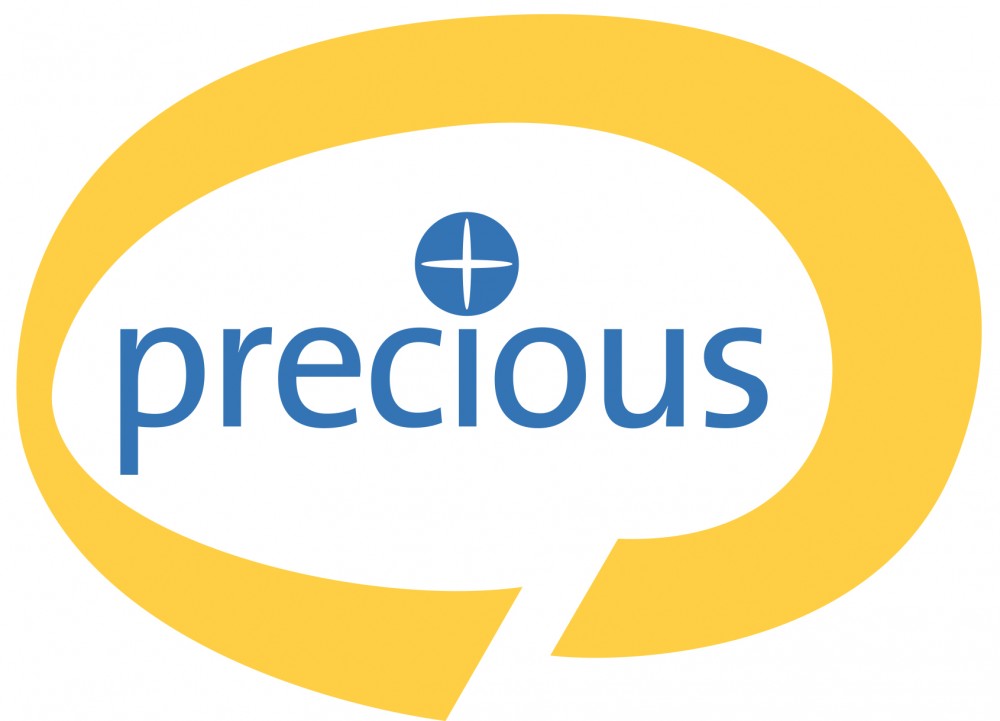
Mar 5, 2020
Every year, around 1.3 million Europeans have a stroke. Twenty to 35% of the patients die in the first month after stroke, and around one third remain dependent on the help of others. The annual costs for stroke care in Europe are estimated at € 64.1 billion. Mainly in the first days after stroke onset, patients are at risk of complications, such as infections and fever. These complications are strongly and independently associated with a higher risk of death or dependency. This week, we bring you an interview with Jeroen de Jonge, Neurology Resident, UMC Utrecht, a trial manager of PRECIOUS, a trial that is looking for ways to improve the recovery of stroke patients aged 66 years or older.
SAFE: If you were to explain the project’s aim to a person without any medical background, what would you say?
The PRECIOUS trial stands for ‘PREvention of Complications to Improve OUtcome in elderly patients with acute Stroke’. This medical trial is an EU-funded Horizon 2020 collaborative research project dedicated to look for ways to improve the recovery of stroke patients aged 66 years or older. After a stroke, patients can have complications, such as fever or a pneumonia. Patients who have a complication after stroke, usually recovery worse than patients without a complication. Normally, the complications are treated when symptoms become obvious. Fever is treated with paracetamol, nausea and vomiting with metoclopramide, and infections are treated with antibiotics. In this trial, we give the treatments before symptoms occur, to test if we can prevent the complications and thereby improve recovery.
SAFE: What types of partner do you need to carry out a project like this?
The setting-up, conduct and management of a trial like PRECIOUS involves many different partners and organizations. PRECIOUS is carried out in about 80 hospitals in 9 European countries. Before starting medical research with patients, it has to be approved by regulatory authorities, which assess if your trial is useful, safe, ethical and feasible. In every participating hospital, there is a dedicated doctor who helps with setting-up the trial. However, sometimes the rules and regulations are so complex, that a specialized research organization is involved to help this process.
During the course of the trial, several partners are involved, each with a specific task. For example, there is a safety team that collects information about potential side effects of the drugs, to keep an eye on the safety of the treatments. A different team designs an electronic data system, which is a safe online platform where local investigators can fill in patient data. Also, there is a team that visits the hospitals periodically, to monitor if the trial is being performed according to the rules. Also, at the end of the trial, a lot of information is gathered, and we need a statistical team to process all the information to determine if the treatments are effective. However, these are just a few examples, and you need a lot of partners to carry out such as project.
SAFE: Can you briefly describe your role in the project?
My role as a trial manager is to oversee all processes related to PRECIOUS on a day-to-day basis. The work is very broad and consists, for example, the general management of the trial, support with obtaining regulatory approvals, setting-up participating hospitals, including patients into the trial, and answering questions of local investigators about patient recruitment, data collection or follow-up of patients.
SAFE: What (if any) are the difficulties with carrying out the work?
Obtaining regulatory approvals in different countries and hospitals requires a lot of paperwork and bureaucratic tasks. This process takes a lot of time. Off course, it is very important that research is assessed very carefully before it can start, but sometimes specific aspects of the research are being assessed multiple times. It takes a lot of time before the research can actually start, and that is sometimes challenging.
SAFE: What personally attracted you to be in this project?
Stroke is the world’s second largest cause of death and the third cause of long-term disability.
Many patients suffer from a stroke on a daily basis. However, there are still limited treatment options available. Because of medical research, there has been considerable progress in the treatment of stroke and new effective treatment options have become available in the past decade. The possibility support research that looks for new ways to treat stroke is what personally attracts me in this project.
SAFE: When this project ends, what do you expect to change, i.e. how it will reflect on stroke treatment?
We hope to find a simple, safe and effective treatment strategy for patients who have had a stroke, which can prevent the development of complications and improve recovery after stroke.
PRECIOUS has received funding from the European Union’s Horizon 2020 research and innovation programme under grant agreement No 634809.











